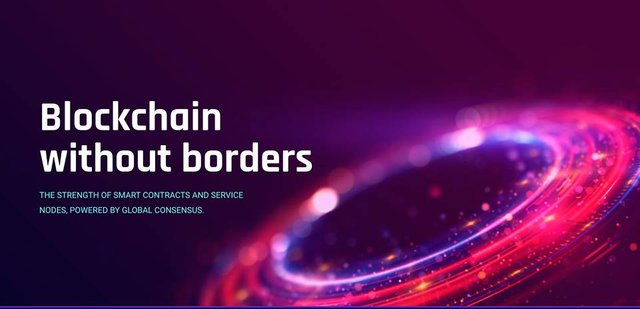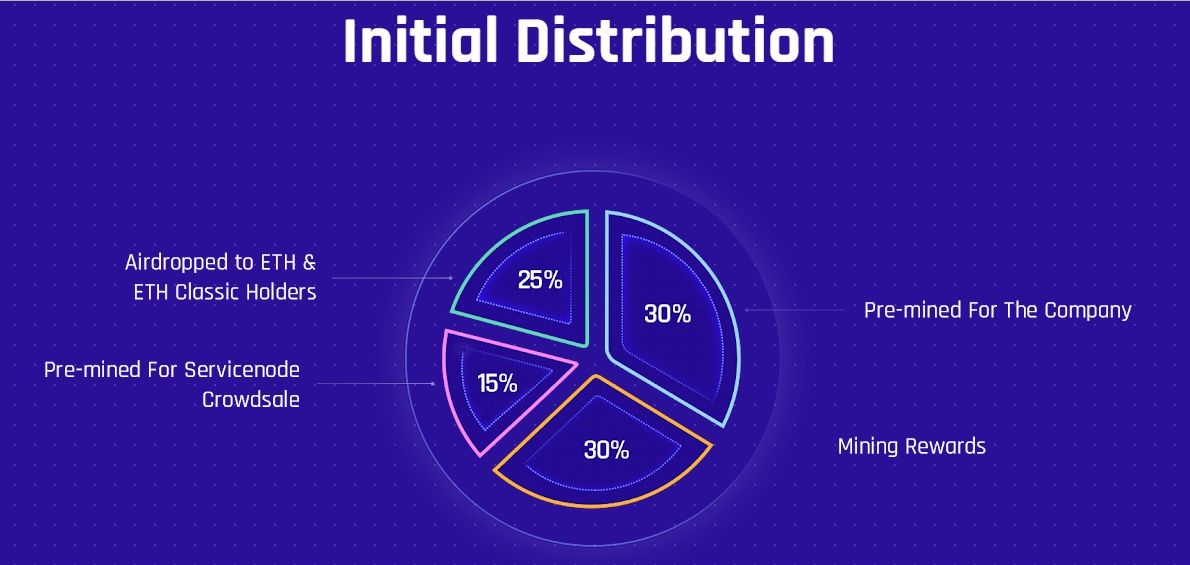
What is Laser
Laser is a service layer model that operates on top of a blockchain network. It provides services that may not be native to a given blockchain, such as near-instant transfers, and anonymous transactions. It also has the capability of interacting with other blockchains that also have this service layer, effectively enabling separate blockchains to seamlessly interact with each other.
This layer, termed the servicenode layer, will help in achieving a more secure and robust blockchain network. The design of Laser provides for incentivization of the nodes which form the servicenode layer for providing its services. This will cultivate strong user interest in operating such nodes – to the benefit of both the servicenode layer and every blockchain on which it operates.
Laser helps blockchains as a collective force to reach their fullest potential so that their combined capabilities working together can bring change, improvement, and optimization to the worlds of business, finance, and beyond. By making blockchains more efficient, more secure – and most importantly, interoperable, Laser will take blockchain technologies to the next level at which they can work and grow together.

Limitations of Current Blockchain Solutions
Traditional blockchain technologies face several practical issues, which are hindering the adaptation of these technologies into mainstream use. We will be focusing on the blockchain technology implemented in Bitcoin as the central case study to demonstrate its limitations. We believe that the blockchain mechanisms used in Bitcoin are well-established, and have the largest base of installations as of this writing. Further, most other cryptocurrencies use similar concepts in their blockchains. Hence, we believe the limitations that Bitcoin faces are representative of those that are faced by other cryptocurrencies as well.
How will laser differ from existing blockchain solutions
The primary difference is in accountability. The true backbone of blockchains is the supply of full nodes to verify transactions (not the supply of miners, which process transactions). Since these full nodes generally do not get rewarded like miners do, there is little incentive to operate them. Laser’s model provides for compensation of full nodes, while also requiring them to put up collateral in order to operate. With incentives to provide stable computing resources, and do so honestly, Laser will ensure a reliable, trustworthy, and sustainable blockchain environment.
Main Features
Laser offers several dimensions of functionality that will take cryptocurrencies to the next level. Here are some of Laser's defining features:
 |  |  |
|---|---|---|
DEX (Decentralized Exchange) Based Transactions
The servicenode layer also provides an exchange platform, referred to as the DEX (decentralized exchange) for instant inter-chain transactions, which has several advantages over regular exchanges, by virtue of being decentralized. Most cryptocurrency exchanges are centralized in some way. Based on this, in order to offer a decentralized exchange service, Laser enables each of these four core functions to be decentralized in the following ways:
- Traders’ capital is not entrusted to a third party at any stage
Coins or tokens remain in the user’s wallet until they are sent to the receiving party’s wallet. - Orders are broadcasted directly from trader to trader over an inter-blockchain network overlay
This is simpler than relaying these broadcasts through a third party. - Orders are matched directly between traders
When one accepts another’s order, they coordinate to set up the currency exchange process between themselves. - The exchange is completed without the involvement of an intermediary
Aside from reducing cost and improving efficiency, these exchanges can be done without the counter-parties having to trust each other beforehand, as the blockchain naturally ensures that the transaction will be carried out as agreed.
Initial Distribution of Photons
The total supply of Photons will be capped at 42 million units. All ETH and ETC holders will be entitled to Photons under the proposed distribution plan, as below.

- 30% (12.6 million Photons) will be pre-mined for the company.
- 15% (6.3 million Photons) will be pre-mined for the servicenode crowdsale.
- 30% (12.6 million Photons) will be generated by the miners. Note that eventually the mining will be replaced with PoS by Q4 2018.
- 25% (10.5 million Photons) will be airdropped to Ethereum and Ethereum classic holders. The Photons allotted to the Ethereum and Ethereum Classic holders will be 5% of their current holdings.
Roadmap

Team


Watch About Us

For more information please visit the following link:
👉 Website: https://laser.xyz/
👉 Whitepaper: https://laser.xyz/static/WhitepaperLaser.pdf
👉 Bitcointalk: https://bitcointalk.org/index.php?topic=3466533.0
👉 Medium: https://medium.com/laserprotocol
👉 Reddit: https://www.reddit.com/r/LaserProtocol/
👉 Facebook: https://www.facebook.com/laserprotocol/
👉 Twitter: https://twitter.com/laser_protocol
👉 Telegram: https://t.me/laserxyz
Author:
Bitcointalk Username: $winnerlose
Profil Bitcointalk: https://bitcointalk.org/index.php?action=profile;u=878620